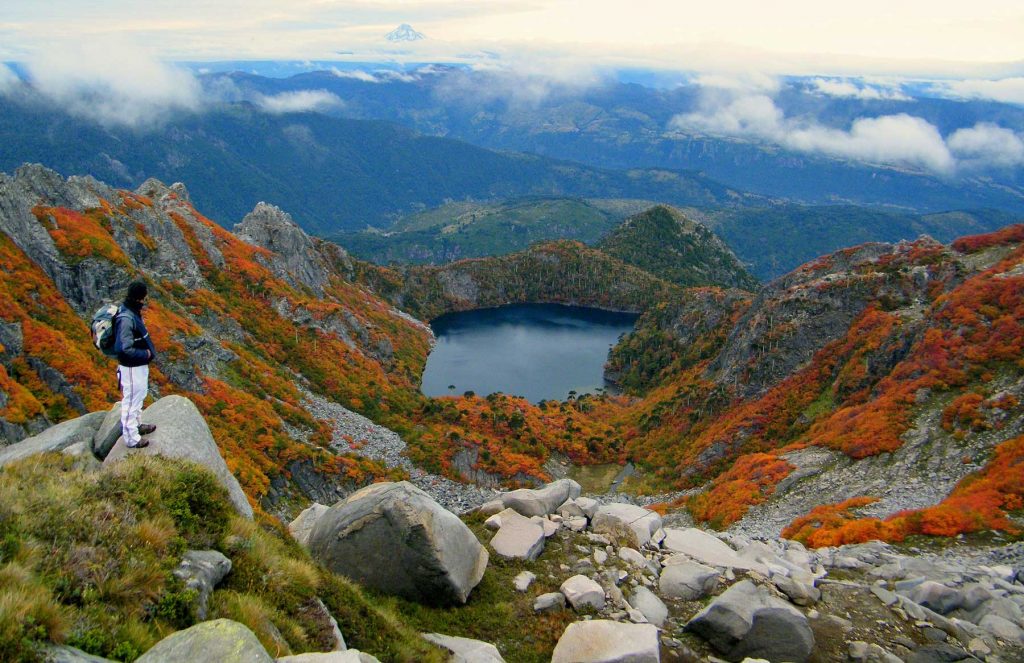5 Best Practices of Sustainability
Here are 5 sustainability practices/policies that have been implemented from either the government, private or public sectors in Chile. These initiatives show the constant growth of Chile through initiatives they’ve taken to increase sustainability not only in the Tourism industry but also various sectors and industries in their economy. These initiatives should be taken as an example by many countries as Chile is recognized as one of the leaders in sustainable tourism through promoting ecotourism and respecting the environment.

Eco-tourism. (2016, May 19). Chile Travel. https://chile.travel/en/what-to-do/nature/eco-tourism
- Various parks and reserves have created a path for eco friendly tourism in Chile. For example, the biological reserve Huilo Huilo has received several awards and has become a popular destination in sustainable tourism. This reserve protects above 100 species, ranging from birds, animals and plants. It also protects the huemul which is in danger of extinction due to deforestation. Keeping the reserve at its natural state and protecting the living organisms and ecosystems shows a positive tourism initiative from Chile (L., 2017).
- Chile has attempted to forgo environmental stability based on the Millennium Development goals. They have created several renewable principles that are meant to be followed in public areas like infrastructure, housing and social policy (Legal Team Chile, 2019).
- Another practice that Chile has implemented is the “promotion of sustainable tourism in protected areas, through enhancement of natural and cultural heritage and delivery of high quality products and services”(OECD, 2016).
- A non-profit organization called ‘Chile Verde’ intends to “spread environmental initiatives and projects of individuals, companies and institutions that are being made around the country” (Chile Verde, 2010).
- There was a green tax implemented in the energy sector from 2017. “A bill consisting of emissions-reduction and climate governance system was put in place as well and expected to reach parliament in 2020. This bill anticipates carbon neutrality by 2050” (Stiftung, n.d.).
References
Chile Verde. Chile Verde 2010 (book) and Chile Verde 2012 (book). Available
at:http://www.porunchileverde.cl/chile-verde-2012
Eco-tourism. (2016, May 19). Chile Travel. https://chile.travel/en/what-to-do/nature/eco-tourism
L., B. P. (2017, July 26). Responsible tourism – Ecotourism in Chile, sustainability. GoChile.
https://www.gochile.cl/en/articles/eco-tourism-a-bet-in-chile.htm
Legal Team Chile. (2019, October 27). Chile’s national tourism department discuss sustainable
tourism with BLH. Biz Latin Hub.
https://www.bizlatinhub.com/sustainable-tourism-insight-chile/
OECD (2016), “Chile”, in OECD Tourism Trends and Policies 2016, OECD Publishing, Paris.
DOI: https://doi.org/10.1787/tour-2016-12-en
Stiftung, B. (n.d.). Chile. SGI | Sustainable Governance Indicators.
https://www.sgi-network.org/2018/Chile/Environmental_Policies